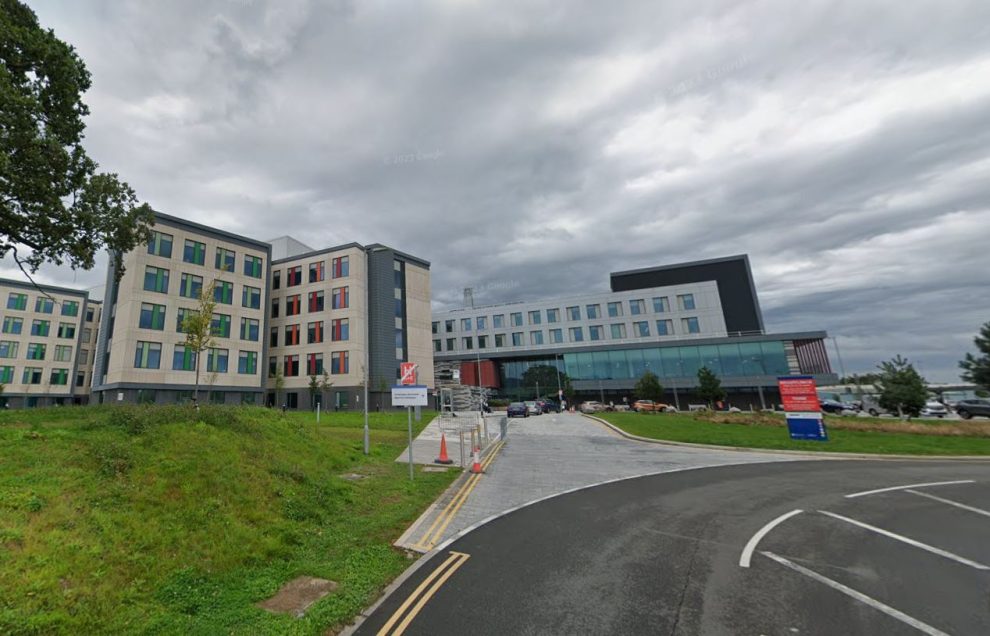GWENT’S health board will invest in more treatment options for people with multiple sclerosis (MS), after leaders admitted the organisation was an “outlier” in care provision.
Around 1,500 people live with MS across the region, but the health board’s team responsible for diagnosis, assessment and treatment “does not have sufficient staffing capacity to fully adhere to clinical guidelines”.
As a result, the team “is not able to prescribe two highly-effective therapies” or carry out yearly reviews of all patients.
Aneurin Bevan University Health Board agreed at a public board meeting, on Wednesday May 22, to pursue a business case for expanding the team and offering those treatments.
Leanne Watkins, the health board’s chief operating officer, told the meeting Aneurin Bevan health board was currently unable to prescribe fampridine or Siponimod to MS patients.
The organisation is “an outlier in this regard”, she added.
Investing in MS treatment will have an “enormous impact and benefit [for] patients”, the board was told.
She proposed an initial limited expansion that will allow dozens of patients to begin fampridine treatment and more to start beginning Siponimod.
More patients will also be able to access Sativex, a treatment the health board currently provides.
Then, after that first year, a “full expansion” will begin that will also allow the health board to undertake an annual review for all of its MS patients.
The move will cost around £455,000 in the first year and will then rise to nearly £1 million afterwards, but the cash-strapped health board has already factored costs into its financial plan for next year.
Following the board’s decision to back the business case, Ms Watkins said the organisation could likely move to “immediate” recruitment and offer services at “a number of clinics with immediate effect”.



















